Sure! If you have been quite a drinker, this is “all we shall know for truth, before we grow old and die”. And trust me I would have been much evolved a human if I could satisfy myself with these “truths”. But there are some other truths, that we need to know before we die.
A Drinking Song – The Poem
WINE comes in at the mouth
And love comes in at the eye;
That’s all we shall know for truth
Before we grow old and die.
I lift the glass to my mouth,
I look at you, and I sigh.
~ by William Butler Yeats
20 Truths We Need To Know Before We Die
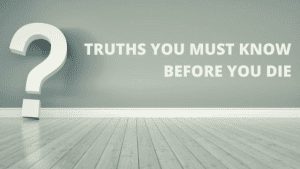
- Is all this for real? Or are we a part of some simulation, controlled by some higher dimension beings? Or some other reality that we haven’t seen in a movie, or read about in a fiction novel before?
- Are all that we have read about in our physics classes real? Or are they all just theories, much like fiction?
- Does God exist? Is he like the being we have been reading about in our “religious textbooks”? Or is he some higher dimensional being as described in science classes? Or is GOD = mc2 (i.e. some form of energy)?
- What is the truth behind Area 51? Do they actually have aliens there? Also, the truth behind the Bermuda Triangle.
- Was the moon landing real?
- What is on the other side of death?
- What actually happened between time-zero and time 10-36?
- What would you do, if you truly had a free-will? Ever thought about it? I tried asking myself the same but just couldn’t figure out the answer. Or is it, that the mess we are into right now, a collective free-will? The free-will that we as homo-sapiens chose for ourselves.
- What am I in other multiverses? Or does multiverses exist? Can they ever coincide with our timeline?
- How is there a perfect mechanism that aids the life of 8.7 million species on the planet? The nervous system, the respiratory system, the digestive system, the immune system, the muscular system, and so on. There is a perfect mechanism that governs all this.
- Can Robot Apocalypse occur?
- What is the mystery behind our dreams? Is the dream inception possible? Why can’t we trace the beginning of the dream?
- What is a stable universe? The one in which we are right now, or the one we will ascend to?
- If each human on the earth is longing for peace, then why is there so much crime or violence?
- Is it good to ask about the “what”, “How” and “Why” of everything? Or is ignorance bliss?
- Will our knowledge ever be complete? Will we ever have answers to everything? Will, there ever be a time when we would know all the possibilities and limitations? Or, perhaps, a time where there will be no limitations?
- Is there any fifth force?
- Is there any “end” to the universe? Or what is beyond this universe?
- Is the earth “flat” or “sphere”? Just Kidding!
- And most importantly, do love actually “comes in at the eye”? Or is it a feeling that can also creep in, even when your eyes are closed?
William Butler Yeats
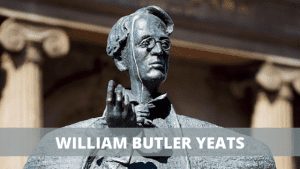
William Butler Yeats (13 June 1865 – 28 January 1939) was an Irish poet and one of the foremost figures of 20th-century literature. A pillar of the Irish literary establishment, he helped to found the Abbey Theatre, and in his later years served two terms as a Senator of the Irish Free State. He was a driving force behind the Irish Literary Revival along with Lady Gregory, Edward Martyn, and others.
Yeats was born in Sandymount, Ireland, and educated there and in London. He spent childhood holidays in County Sligo and studied poetry from an early age when he became fascinated by Irish legends and the occult. These topics feature in the first phase of his work, which lasted roughly until the turn of the 20th century. His earliest volume of verse was published in 1889, and its slow-paced and lyrical poems display debts to Edmund Spenser, Percy Bysshe Shelley, and the poets of the Pre-Raphaelite Brotherhood. From 1900, his poetry grew more physical and realistic. He largely renounced the transcendental beliefs of his youth, though he remained preoccupied with physical and spiritual masks, as well as with cyclical theories of life. In 1923, he was awarded the Nobel Prize in Literature.
To read more about W. B. Yeats, click here.
A Drinking Song – Poem Analysis / Summary
The best thing about this poem is its simplicity. The simplicity in the fact that the “wine comes in at the mouth” and “love comes in at the eye”. There is also a simplicity in the fact that these are the only two facts that the speaker of the poem wants you to know before you die. Everything else in the world seems so irrelevant to the speaker. And this simplicity makes the poem so adorable.
And the best part of the poem is the last two lines. Until now, love and wine were two different truths to the speaker. In the last two lines, he compares love to wine. It shows the simplicity with which these two come to you. And once they come to you, it alters your reality and you are a different person altogether under its influence.
Fun Fact
Did you notice that each line of the poem is exactly seven-syllable long?
To read more famous poems by the finest writers ever, click here.
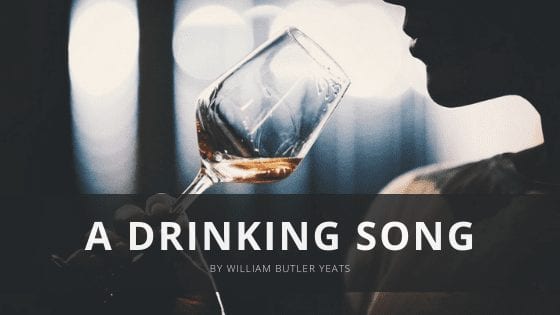
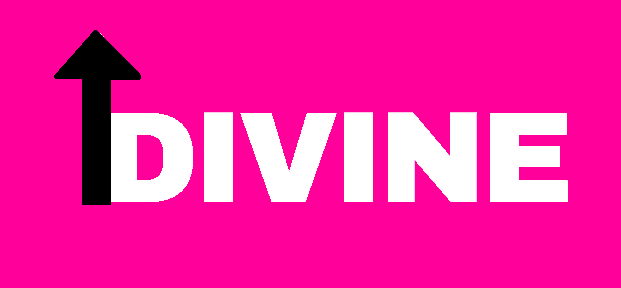
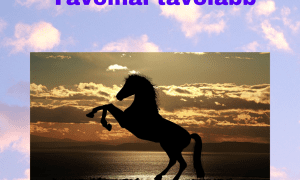
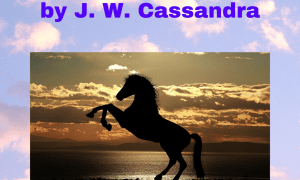
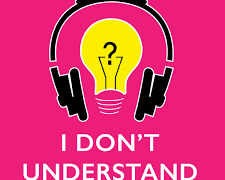
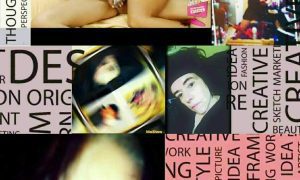
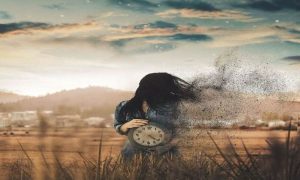
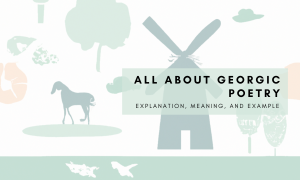
All we know is that nothing is permanent!
I want to know the theory of everything.